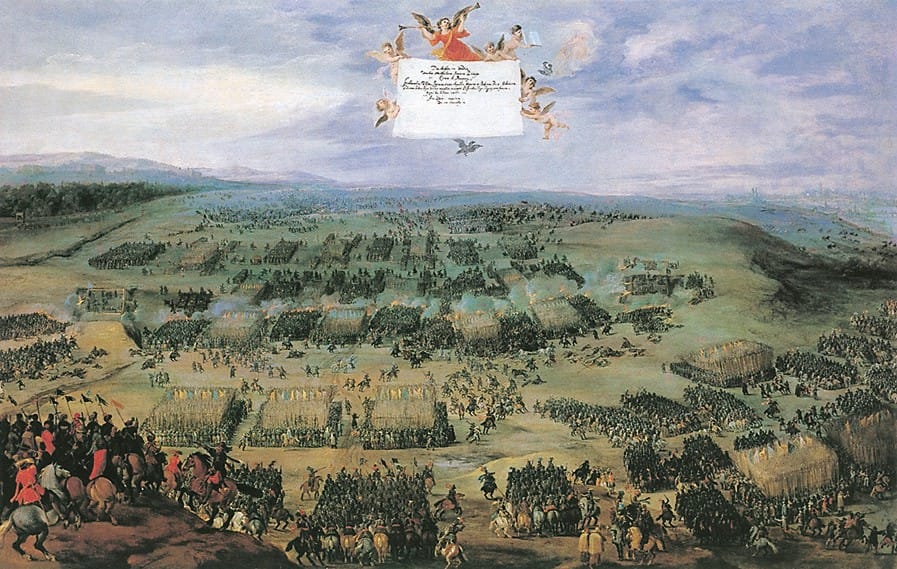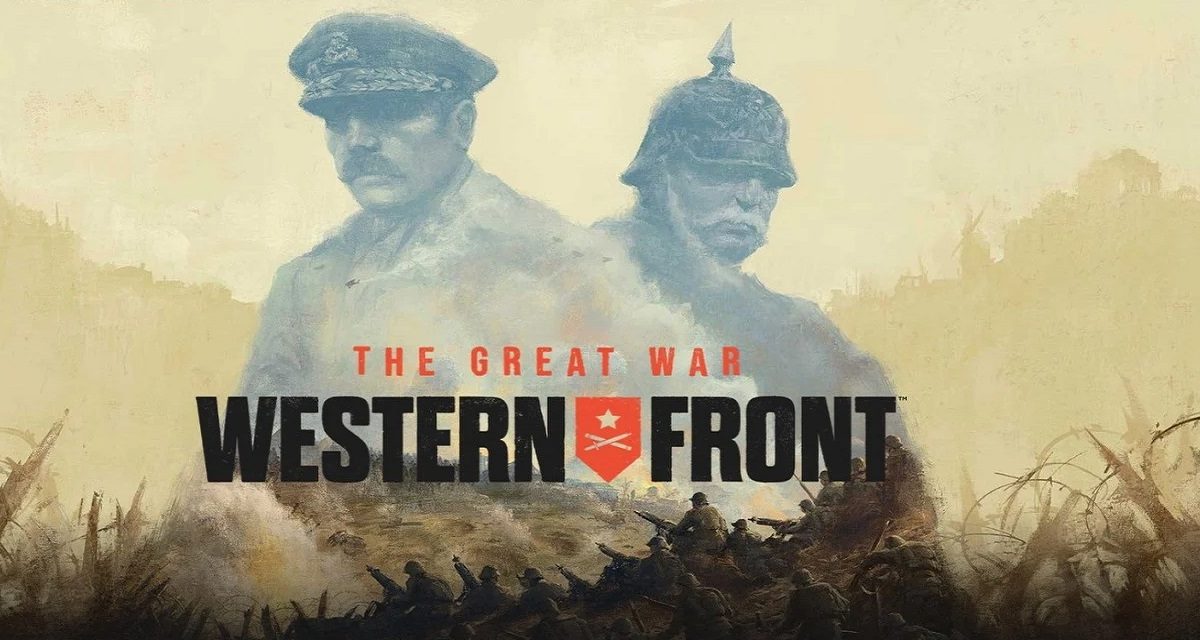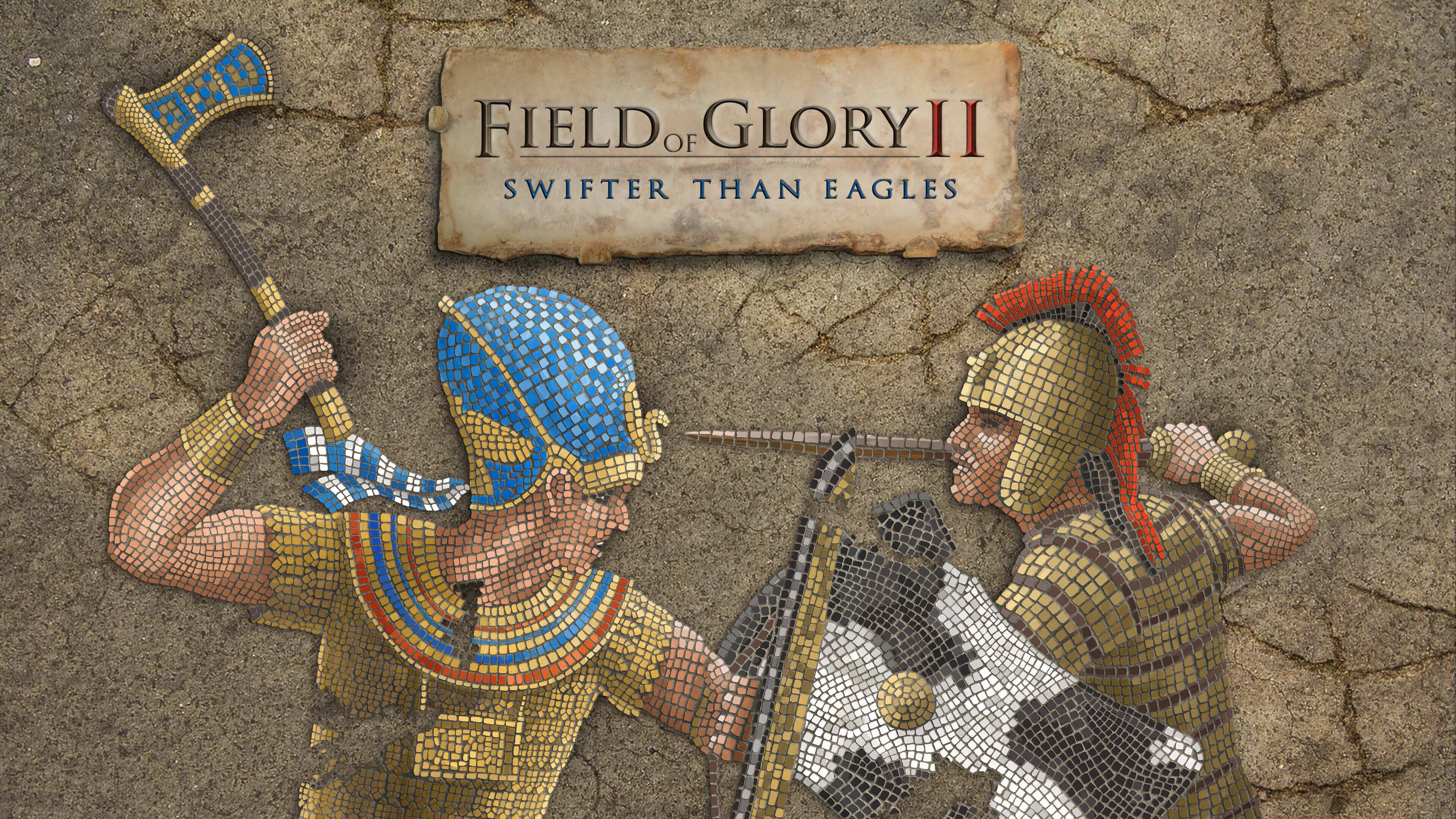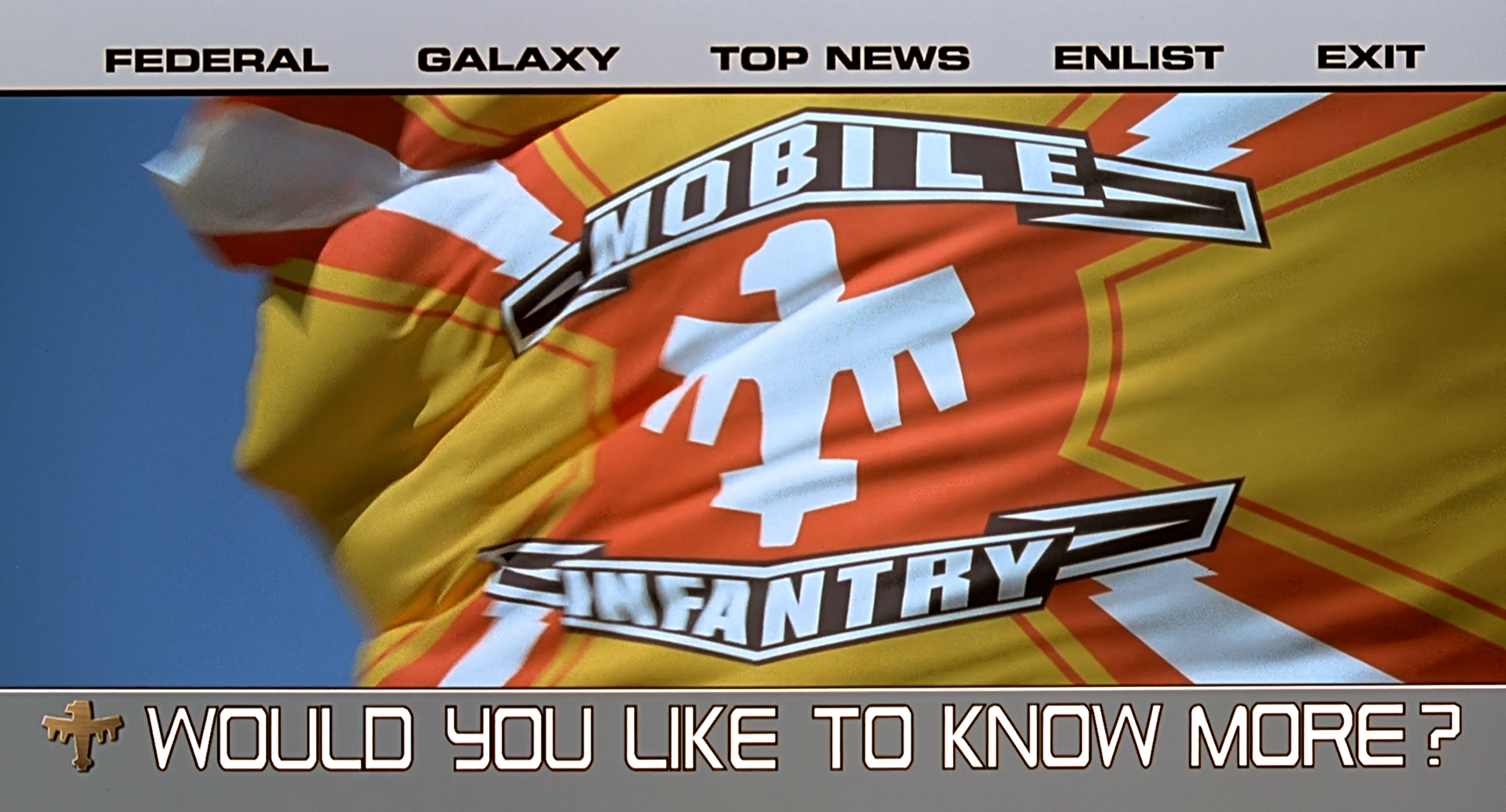Category Archives: Classic Reviews
Classic Reviews: Red Dragon Inn
The only thing that’s more fun than drinking, gambling, and rough-housing in a medieval tavern in a laughter-inducing game about drinking, gambling, and rough-housing in a medieval tavern. ~
Brant Guillory, 11 May 2016
Originally published ~ July 2007
So you and your friends either slayed an evil beast, or conquered the local warlord? Both? Well done, you! Time to celebrate, quaffing pints and regaling your friends with tall tales of your exploits over at the Red Dragon Inn.  You goal is to be the last one standing among the carousing adventurers at the inn, which is not an easy feat when you’re subsisting on a diet of Dragon Breath Ale.
You goal is to be the last one standing among the carousing adventurers at the inn, which is not an easy feat when you’re subsisting on a diet of Dragon Breath Ale.
Each player has a playmat that organizers the cards in play, and tracks both the character’s alcohol level, and fortitude. The goal is to keep the alcohol content low, and the fortitude high; should they meet, the character falls unconscious and the rest of the party splits the loot. Speaking of loot – should you run out of loot, the inn tosses you out on your heels. In either case, you’re out of the game. The last conscious player standing, with cash, is the winner.
The Battle of Waterloo: A Comparative Exercise
What happens when our resident Napoleonicist compares all things Waterloo side-by-side(-by-side-by-side-by-side)? ~
Jim Owczarski, 23 April 2016
With respect to E.S. Creasy, lists of “greatest” or “most significant” battles are best left as the stuff of coffee shop debate or oversized, remaindered tomes available at your local discount book store. There’s just too much that goes into defining sprawling words like “greatest” that prevents the conversation from being useful much less dispositive.
That said, Waterloo is the greatest battle ever. Ever. I will not subject this to further debate.
Let us instead, at the request of the editorial staff hereabouts, visit some of the many consims to take up the battle, and, along the way, talk about how approaches to the battle have changed over the years. This is not a complete list and it is a subjective one, but I hope it gives you a small window into the world of Waterloo gaming — a place where I have spent an awful lot of time. Lest the tyro turn away at first glance, let the story begin with the simpler games that offer to take the player back to mid-June 1815.
I must here confess that I don’t think over-much of the Avalon Hill classic “Waterloo”. It’s not that both the board and the counters are, putting the matter generously, merely serviceable.
Classic Reviews: Runebound 2nd Ed
Runebound might be the best adventure you can fit into one evening. Players have the latitude to customize their characters and pursue their paths to victory, using a variety of strategies. Build your own hero and save the realm, in one afternoon. ~
Brant Guillory, 9 December 2015
- Pros: Well-balanced, nifty movement mechanics, gorgeous.
- Cons: Little interaction between players, needs a lot of table space.
Some gamers love the intricate role-playing game full of soliloquies, conspiracy theories, and more character development than a British melodrama. Others would rather dispense with the backstory, role-play an archetypal character, and kick butt. In the early days of computer games, most fantasy ‘role-playing’ was the former, not the latter. Runebound strikes me as one of these computer games, transported to a board game environment.
And don’t think that’s a negative in any way. Some of the most fun I had in my teenage years was in front of Pool of Radiance and the Wizardry series. These games were fantasy adventures, but not necessarily fantasy role-playing. Runebound understands the difference.








 Better Games has disappeared, and with them, several extremely good ideas bound up in some horrid presentation.
Better Games has disappeared, and with them, several extremely good ideas bound up in some horrid presentation.
